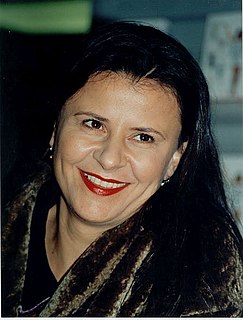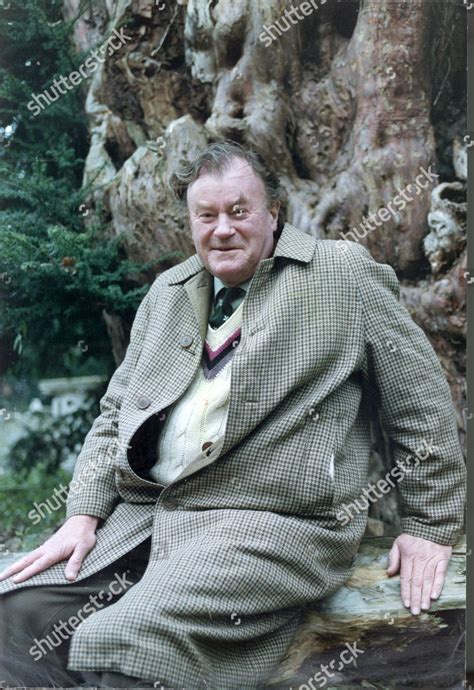A Quote by Ludwig von Mises
Almost all the fathers of socialism were members of the upper middle class or of the professions.
Related Quotes
If you were a successful upper-middle-class Negro girl in the 1950s and '60s, you were, in practice and imagination, a white Protestant upper middle-class girl. Young, good-looking white women were the most desirable creatures in the world. It was hard not to want to imitate them; it was highly toxic, too, as we would learn.
When I'm talking about the white working class, here's what I'm defining: high school degree, no more, and working in a blue-collar job or a low-skilled service job. When I'm talking about the white, upper-middle class, I'm talking about people who work in the professions or managerial jobs and have at least a college degree.




































